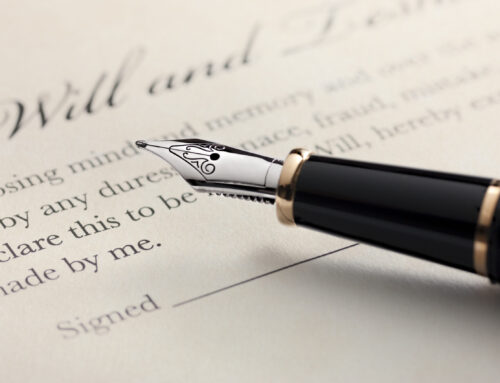It is important that most people create a Will; however three quarters of adults do not. Most people have not created a will, and many of them may have used one of the following excuses:
• “It’s obvious who will get my possessions anyway.”
This is a dangerous, yet common misconception. While it may be obvious to you, you will not be able to be consulted on where you want your assets to go.
For example, in a simple case, if you wanted everything passed on to your spouse, you may not have realised that without a Will, your loved one is stuck with a legal process which is many times more complicated and expensive than preparing a Will. Even if your entire estate was to pass to your spouse, what would happen if both of you were involved in a fatal accident?
• “I don’t have much, so there’s nothing worth fighting over.”
This could indeed be the case if you were writing your Will to come into effect today, but a Will is written to take effect sometime in the future.
Events and financial circumstances change. Your estate could be worth more in 6 months than it is right now.
• “I’ll be gone, so why do I care what happens to my estate?”
You can leave your estate to people or charities that mean something to you, or let the government decide how to distribute your estate. If you have no living relatives, the government will keep the money for themselves.
• “Everyone knows what I want to happen to my estate.”
As horrible as it sounds, close families can be driven apart when attempting to work together to divide an estate, It may be unlikely that siblings’ financial situations and motives will be completely aligned — one may want to sell items to raise cash, others may be sentimentally attached to heirlooms.
Creating a will would reduce the chances of that happening, laying out what people would be getting in writing.
• “I don’t need a Will until I’m older.”
It is very unlikely that we will know when our own death is imminent. There is absolutely no reason to wait, but there are countless advantages to taking care of it now.
• “I did mine years ago, it’s taken care of.”
Think back to when you created your will; now compare it to what your life is like now. Maybe you’ve gotten married or had children. Don’t you want them to be a beneficiary?
When major life events occur you will want to update your Will.
By now, you should be convinced that everybody should have a legal Will. It is irresponsible not to have one, no matter what your personal circumstance. Given the tools available today that make the process far more accessible and less intimidating than making an appointment with a lawyer, you shouldn’t have any more excuses.




